- Reduce extraneous stimuli – limit your exposure to distractions
- Amplify relevant stimuli – keep the important stuff in front of you
- Seek out situations that allow safe expression of hyperactivity
- Minimize situations that require more restraint than you can muster
- Create barriers to problematic actions by reducing tempting stimuli
- Set up cushions to reduce the damage done from impulsive acts
| 6_fundamental_strategies_to_help_adhd_sx-_tuckman.pdf |
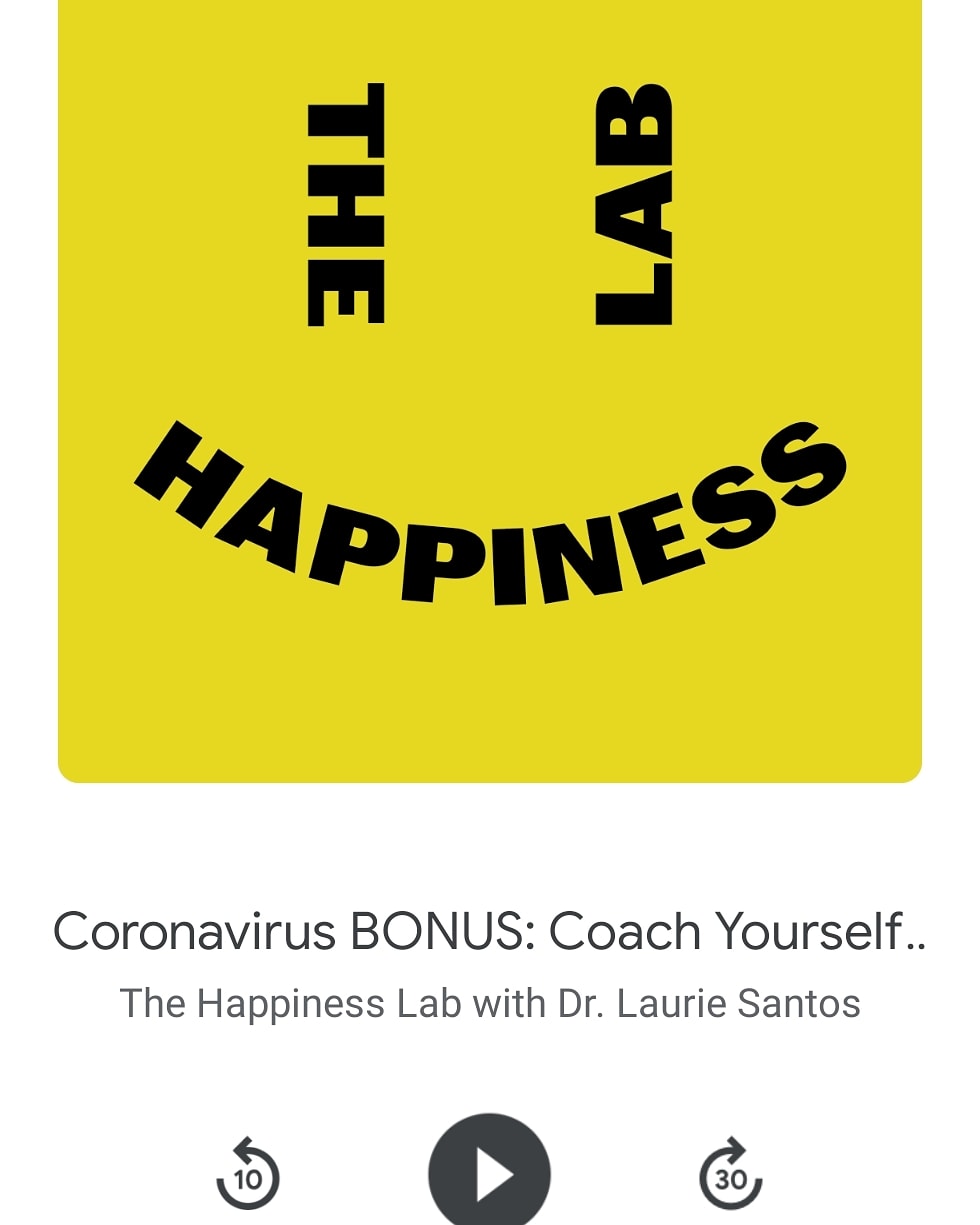
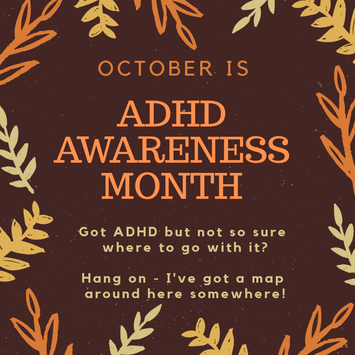
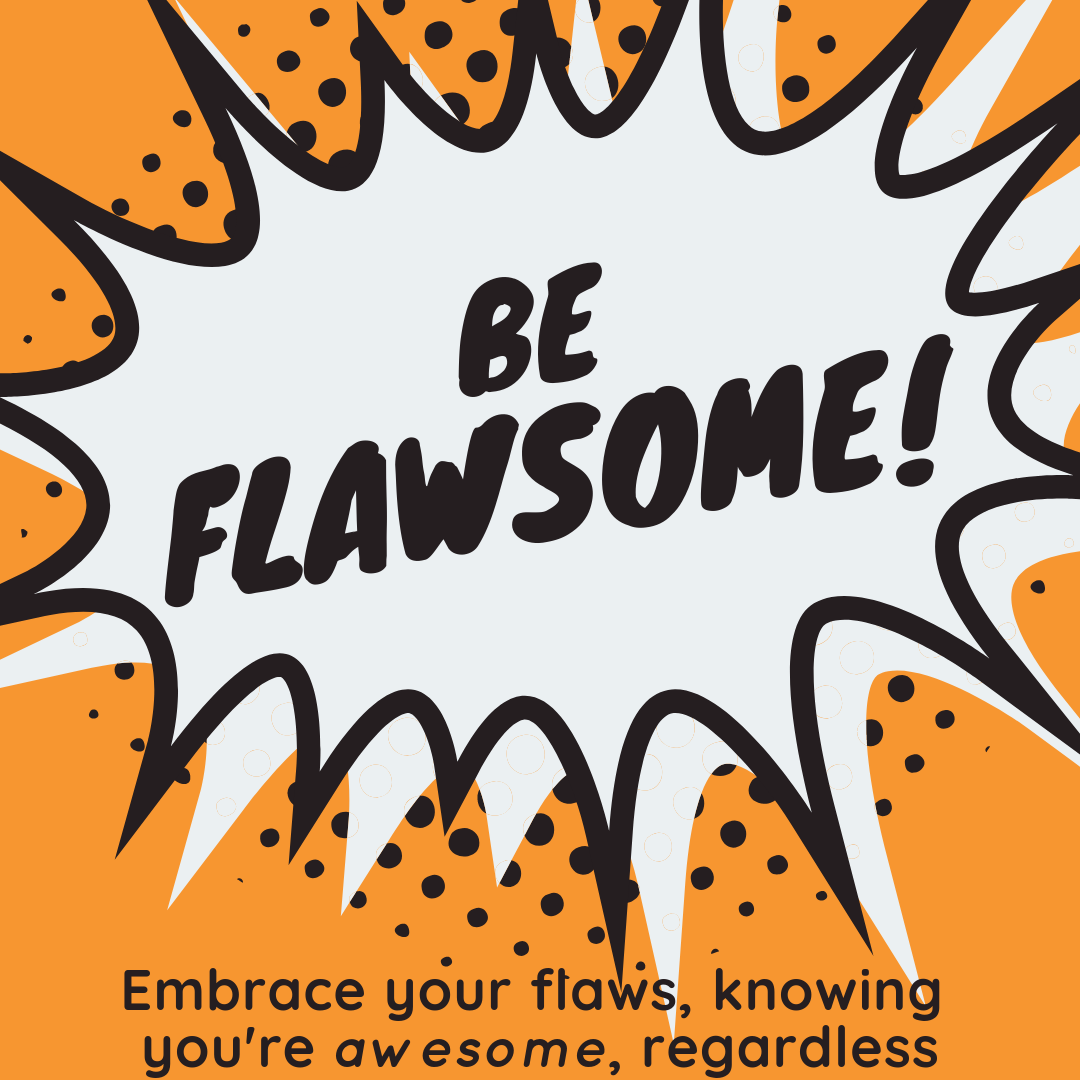

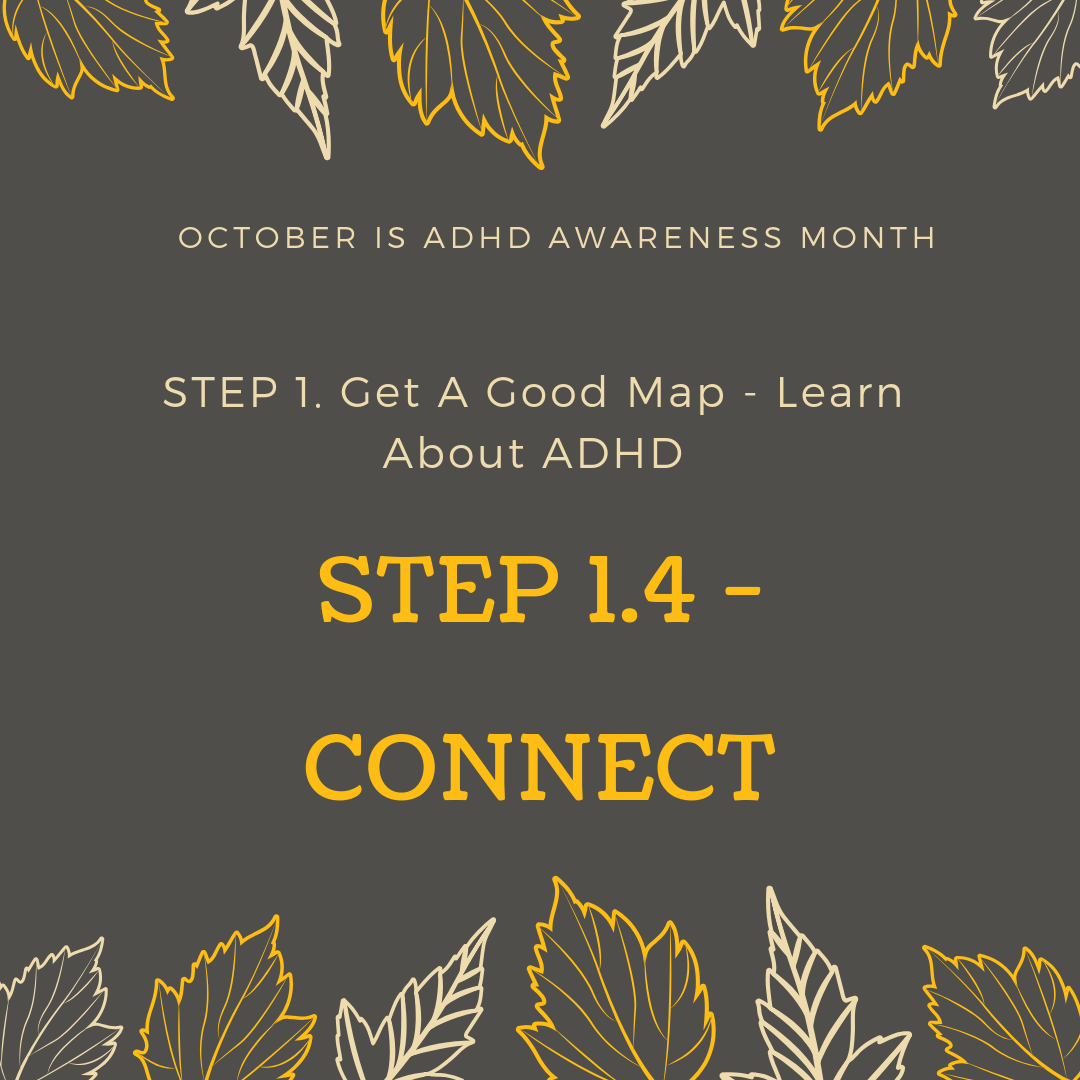
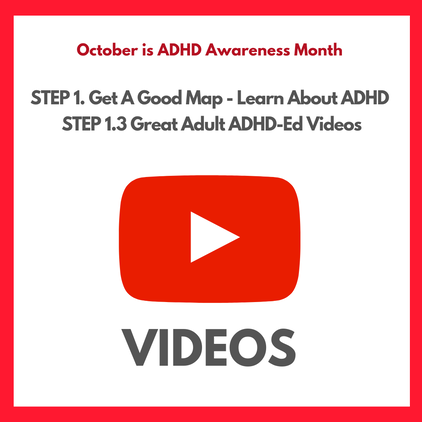
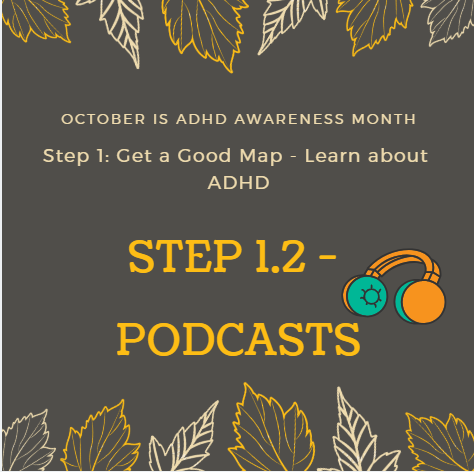
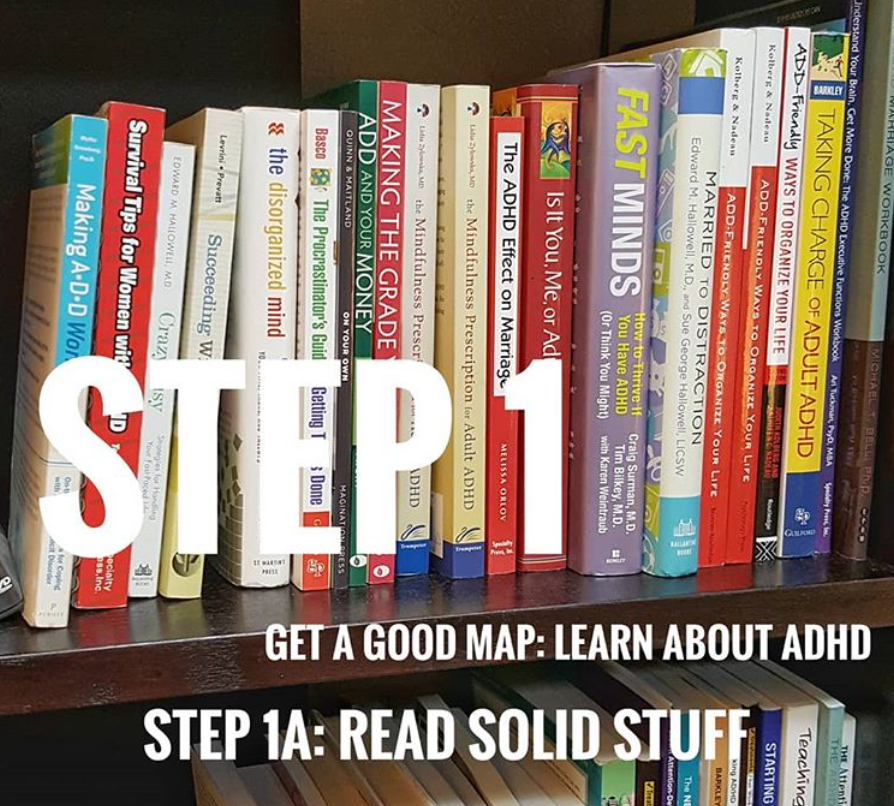
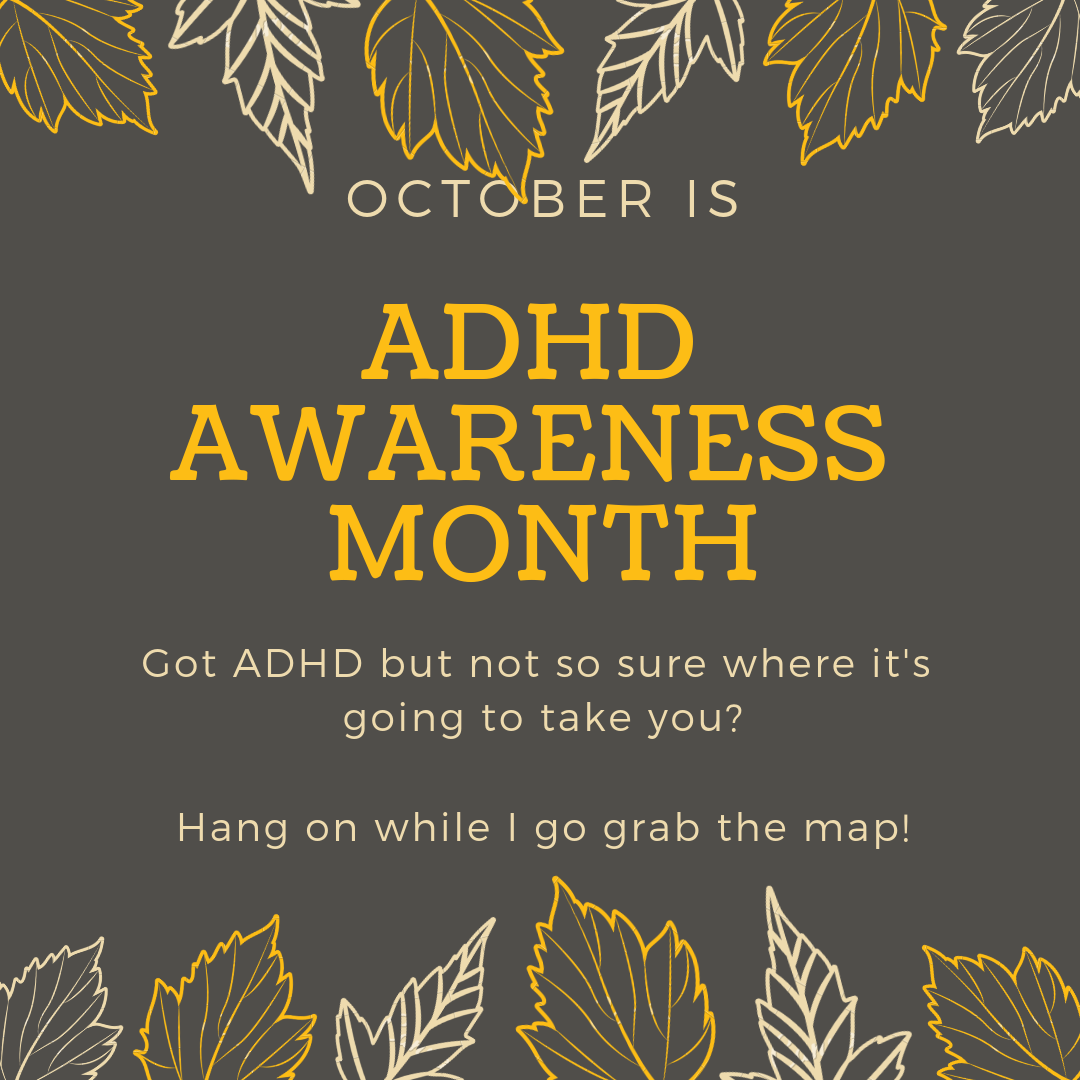

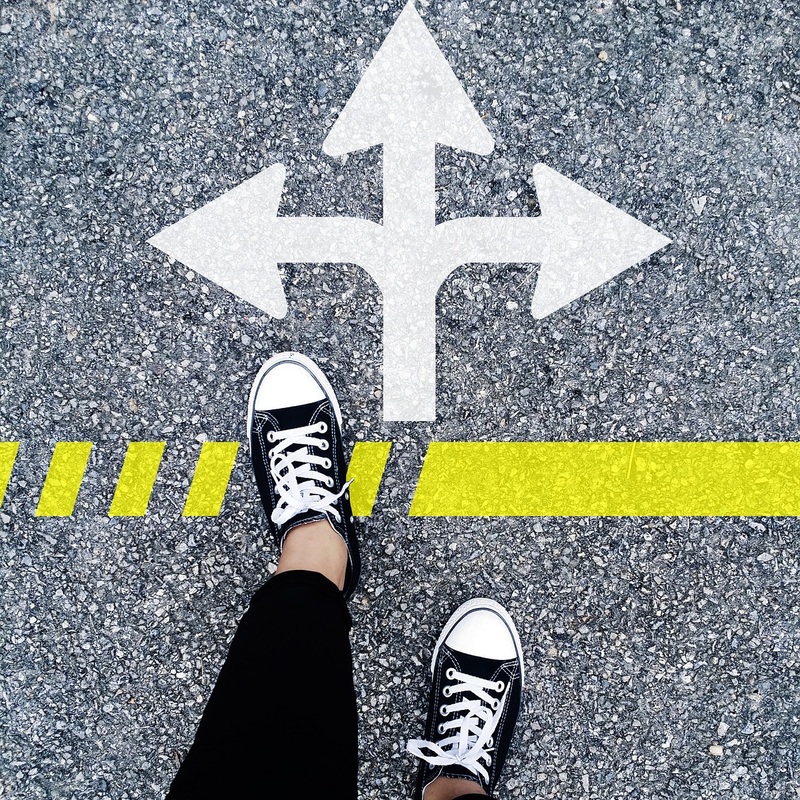

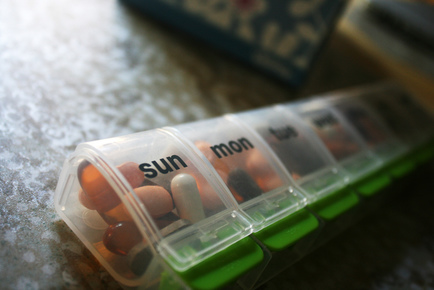
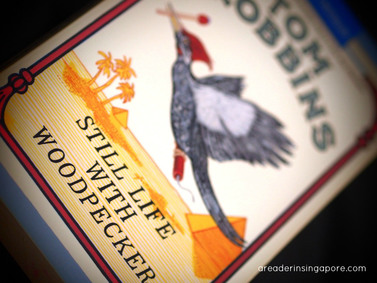
 RSS Feed
RSS Feed